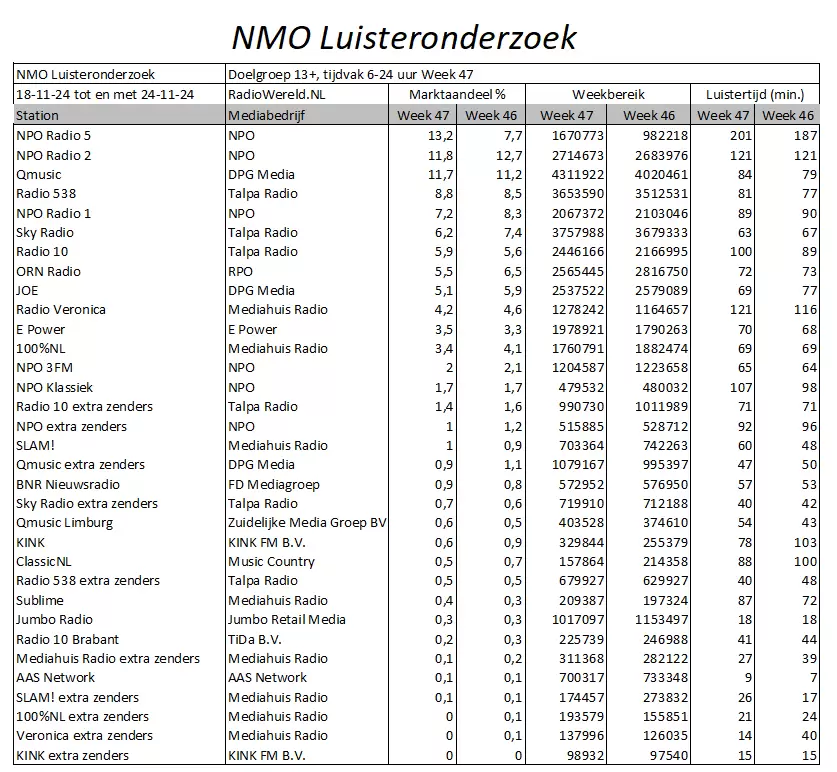2023-11-20 11:59:00
A woman in her mid-20s shows up at the hospital outpatient clinic with bruises and scratches. She told the nurses and doctors that she fell on her mountain bike. However, the injury pattern does not indicate an accident. The young patient was obviously beaten. “After investigations and discussions, it emerged that her ex-boyfriend locked her in the apartment for days and abused her,” says Claudia Hoyer-Treml.
As head of the network for violence, child and victim protection at the clinics of the Upper Austrian Health Holding (OÖG), she is often confronted with cases like these. Statistically speaking, at least one woman needs care every day due to domestic violence. The OÖG hospitals (Kepler Klinikum Linz, Salzkammergut Klinikum, Pyhrn-Eisenwurzen Klinikum, Klinikum Freistadt, Klinikum Rohrbach and Klinikum Schärding) dealt with around 460 suspected victims of domestic violence this year alone. They are mostly patients: almost 370 were women.
Most people don’t ask for help
Many of them have one thing in common: they don’t want to or can’t talk openly regarding their situation. Out of shame, out of fear – or because they are financially dependent on their violent partner. “That’s exactly why it’s so important to make these people aware: you’re safe here, there’s someone here who will listen to you and help you,” says LH deputy Christine Haberlander (VP), responsible for health and women.
Hospitals are the first port of call for most victims of violence. That is why so-called violence protection groups are also legally binding. What is important when dealing with those affected? “Empathy and sensitized staff are crucial,” says OÖG-Managing Director Franz Harnoncourt. Doctors, nurses, midwives, social workers and psychologists are specially trained for this purpose. You learn to recognize typical behavioral characteristics of victims of violence or physical symptoms. How to properly address their suspicions (“Is there anyone who doesn’t want to know you’re here?”) and how to communicate with the often traumatized people.
Cooperation with police
Forensics also play a major role in sexual and violent crimes. There are corresponding sets at all OÖG locations that were put together together with the forensic medicine department. “The issue of domestic violence encompasses several professional groups,” says Harnoncourt. Not just within hospitals: the staff’s job is also to offer external help. We work closely with the police, but also with institutions such as women’s shelters or child protection centers.
“We would like to encourage people to talk to us if they are affected by violence. You can rely on us to take the issue seriously and to be there to support you all year round,” says Claudia Hoyer-Treml. The trained social worker also reports that older people are often affected by violence in their own homes. “It starts when someone is fed once morest their will, or when those in need of care are not taken to the toilet in time,” she says.
Years of experience have shown this. In the end, all patients – whether old or young, female or male – are “glad that they can finally talk regarding their suffering.”
“Orange the World”
For 16 days, from November 25th to December 10th, the United Nations is raising awareness of violence once morest women with the “Orange the World” campaign. “This is one of the ugliest sides of our society, so we would like to use this campaign as an opportunity to point out the contact points for victims of violence in Upper Austria,” says LH deputy Haberlander.
ePaper

info By clicking on the icon you can add the keyword to your topics.
info
By clicking on the icon you open your “my topics” page. They have of 15 keywords saved and would have to remove keywords.
info By clicking on the icon you can remove the keyword from your topics.
Add the topic to your topics.
1700483831
#Hematomas #psychological #wounds #Hospitals #refuge #victims #violence


